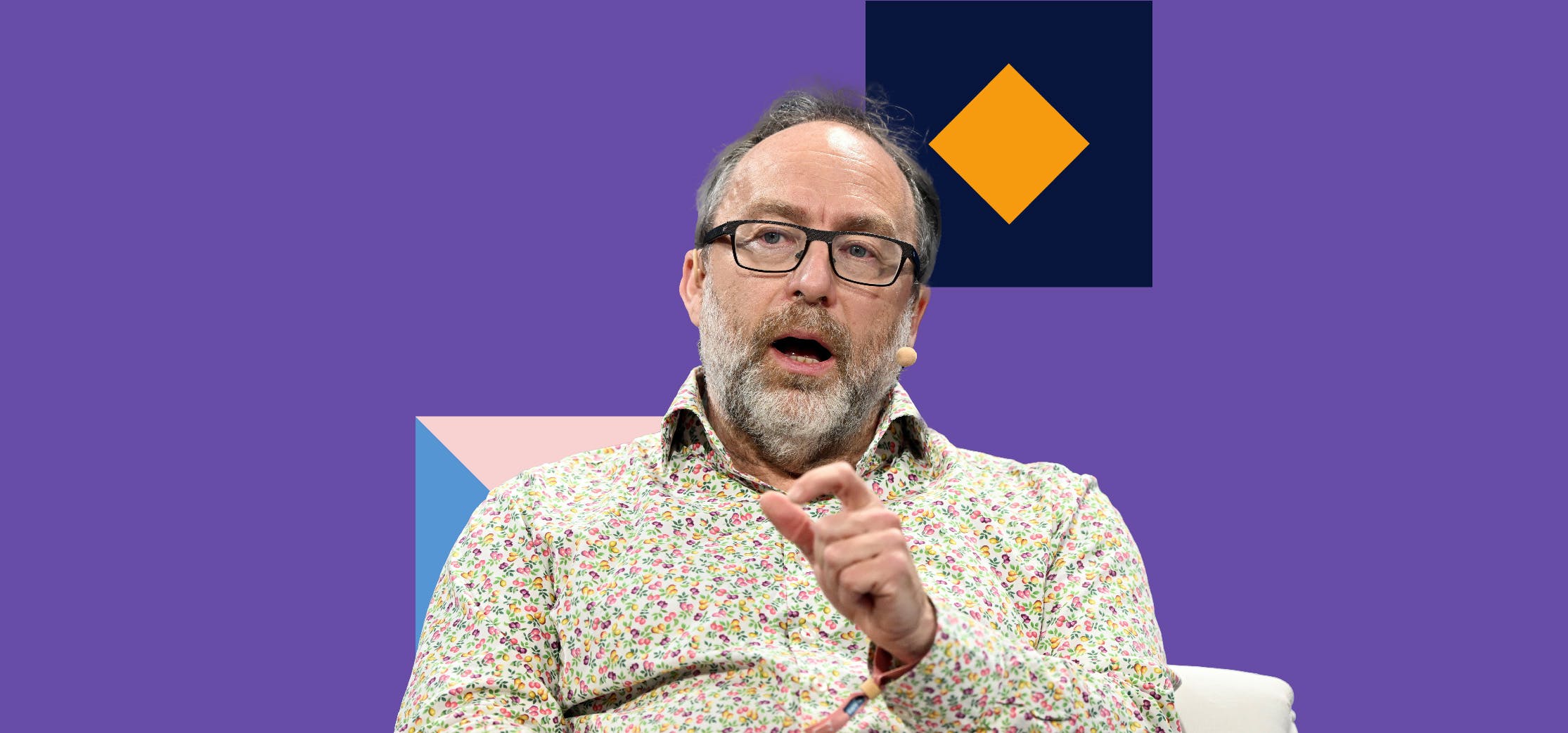
Meet 4 of our nominees for the 2024 Earthshot Prize
Web Summit is an official Earthshot nominator. Check some of our picks for the 2024 prize. The Earthshot...
Impact startups are businesses around the world working to have a positive impact on their communities, industries and ecosystems. Web Summit wants to celebrate the emerging companies within our network that are striving to make the UN Sustainable Development Goals (SDGs) achievable.
As UN secretary-general António Guterres said at Web Summit, “the use of [emerging] technologies allows us to be much more effective in addressing the problems of today’s world”. This is a task that affects us all, so it is important to highlight the businesses that are doing their part to innovate for the betterment of the planet and society.
We’ve gathered together some of the Impact Startups with an environmental focus who will be joining us in Lisbon this year. Meet them:
Kumulus is a water tech startup with one mission – to provide drinking water in an economical and sustainable way. They design, sell, and operate machines that create drinking water from air.
Their first product is the Kumulus-1, an Atmospheric Water Generator (AWG) producing 20 to 30 litres of drinkable water per day.
This machine can fit in a 1m3 cube and can be equipped with a solar power pack, making it fully autonomous and independent. The Kumulus-1 is a smart machine, offering options of mobile control through a dashboard and app, as well as functionalities that ensure water is delivered in a sustainable and economical way.
The HH2E-Werk aims to transform sun and wind energy into a stable flow of cost-effective carbon-free heat, green hydrogen and electricity to supply local industries and municipalities. The HH2E-Werk only needs four hours a day of wind or sun power as input in order to supply a constant flow, using only the energy captured in the hours offering the lowest sun or wind energy prices, for very competitive prices.
The HH2E-Werk also converts peak wind or solar power into green hydrogen using electrolysis technology, as well as using it as fuel for turbines or fuel cells to produce electricity back.
The company is currently building up projects guided by the needs of local industries and municipalities. Making green heat and hydrogen reach price-parity with carbon intensive energy, and producing locally an important share of the green hydrogen capacity Germany needs.
Started in 2019 as a design thinking led R&D project, the company developed a new service that championed the UN sustainable development goals into lower income households. With hundreds of interviews and in-depth research, it identified a number of possible solutions but settled on the Gcwalisa – a refillable solution that hopes to eliminate single use plastic and increase food security.
Following a series of prototypes and successful trials providing rice and detergents, the team behind Smartfill looked at modern retail and saw a further opportunity. Even with zero waste stores, where consumers are consciously buying without packaging the shopping experience was limited by needing to weigh purchases and stock take actual weight in dispensers.
Armed with insights from two live trials, the Smartfill team has redeveloped the solution into a technology platform with a broad set of capabilities. The platform can be used across nuts, grains, powders and liquids and meets consumer experience needs, retail, distributor and brand needs.
Carbominer develops technology to capture CO₂ locally from the ambient air. Based in Kyiv, Ukraine, the team of 10 people share an innovative mindset and a big ambition for a change.
Direct Air Capture of CO₂ is a proven means for companies to reach net-zero goals by using a carbon removal mechanism or by transitioning to sustainable operations when switching to fossil-free CO₂ as a feedstock.
Carbominer set an affordable price per ton of CO₂ due to the transportability of the capturing modules, usage of electrochemistry for CO₂ regeneration, and ability to harness intermittent renewable energy.
LEROMA is a B2B platform for the food industry that brings raw material suppliers and food manufacturers together.
Food manufacturers can find the right raw material with the required technical criteria more efficiently and more quickly and contact the associated raw material supplier. The purchasing process is simplified and accelerated.
LEROMA offers two business models to find the right raw material: the raw material search and the surplus exchange.

Web Summit is an official Earthshot nominator. Check some of our picks for the 2024 prize. The Earthshot...
In our series exploring successful startup stories at our events...